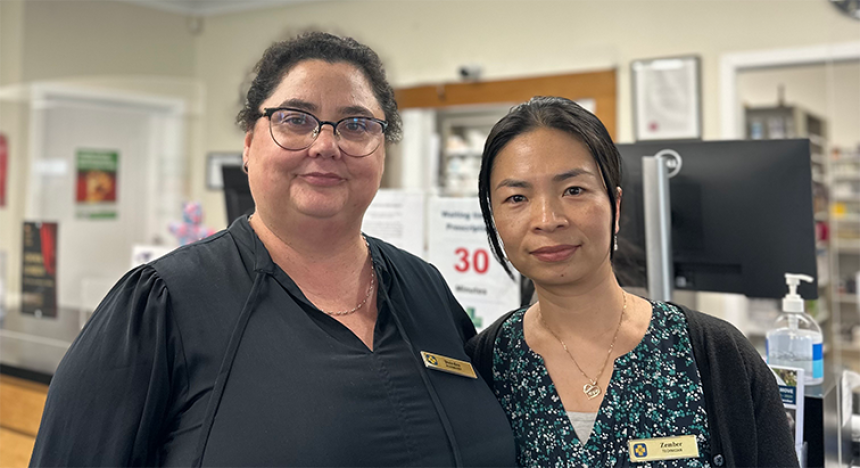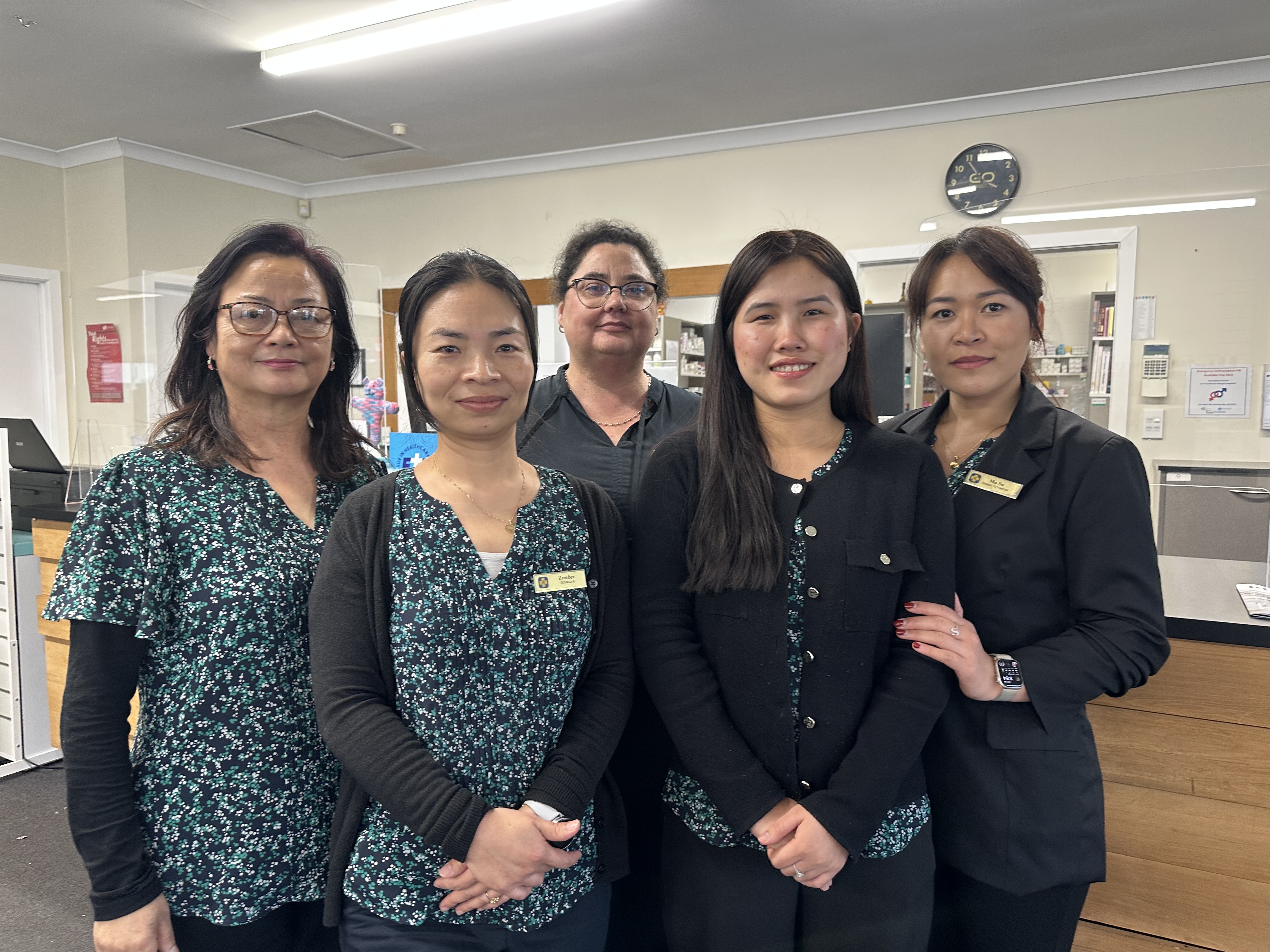When Dee Maguire bought Victory Square Pharmacy in Nelson, New Zealand, 17 years ago, she was shocked by how many patients were falling through the cracks.
The regional city is home to some 2,500 refugees, most from Myanmar, with growing Bhutanese, Colombian and Pakistani communities.
A common hurdle is navigating health and social services in an unfamiliar language.
“All the things you take for granted, they struggle with,” Ms Maguire said.
“They can’t lift the phone to call their GP or an ambulance.
“They miss appointments and get kicked off waitlists because the appointment letters are in English.”
As a key point of contact for these communities, Ms Maguire often struggled to explain symptoms, medications, label instructions and other healthcare advice.
Understanding what our community needs and being able to respond has been really rewarding
Dee Maguire, owner of Victory Square Pharmacy
“I was having heart attacks, asking myself, ‘how do I know if they’re taking their medications properly, do they know how to measure out their dosage?’.”
Determined to bridge the gap, she successfully lobbied her local District Health Board in 2014 for rare government funding to employ a full-time interpreter.
Today, her pharmacy has four staff working as interpreters and health navigators. Some have gone on to complete pharmacy assistant and technician training.
While based at the pharmacy, the team organises GP and specialist appointments, hospital discharges, medication reviews, prenatal and antenatal care, breast screening, nutrition advice and social service referrals.

Victory Square Pharmacy owner Dee Maguire and in-house interpreter and member of the local Myanmar refugee community Emily Phow, affectionately known as “Zember”
They also attend appointments to ensure nothing is lost in translation.
“We take them to their eye appointments – how can they read the top line of an eye exam without the interpreter?” Ms Maguire said.
“We just do everything and anything related to health.”
Ms Maguire’s model of care was recognised in 2014 when Victory Square Pharmacy was named Community Pharmacy of the Year.
“Understanding what our community needs and being able to respond has been really rewarding,” she said.
“Over the years, some of them have told us, they’d be lost without our staff, so it feels nice to know we’ve made a difference.”










